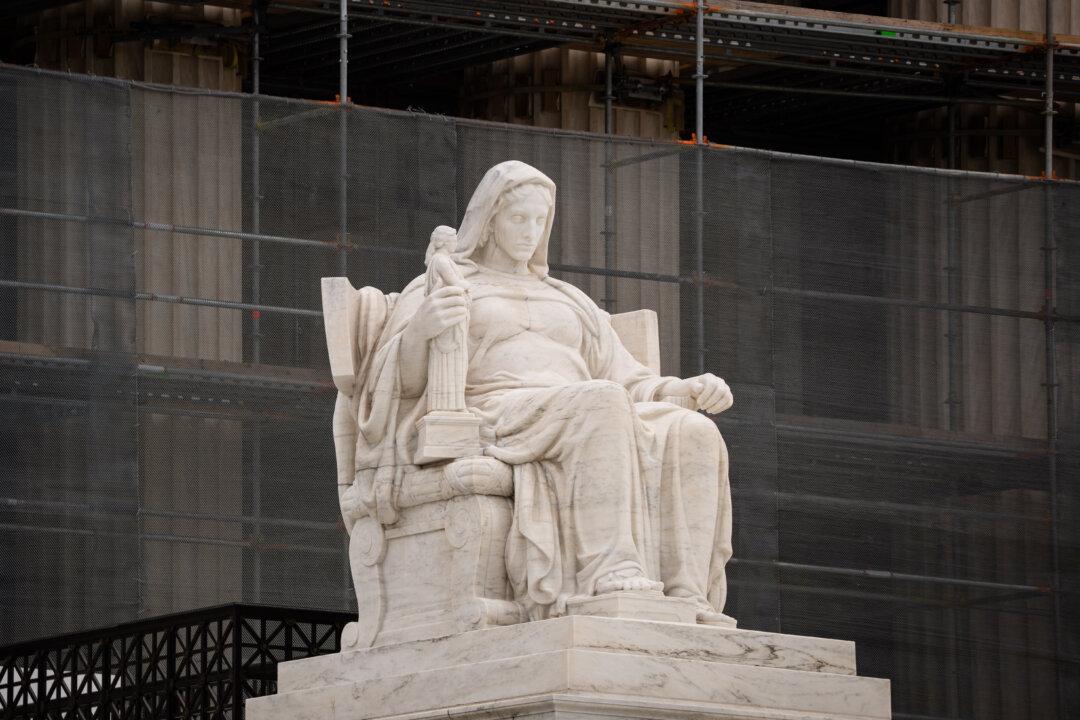President Donald Trump’s agenda could lead to the Supreme Court clarifying U.S. law in major ways as it considers a series of lawsuits brought against his administration.
While his success is uncertain, the pending lawsuits have raised questions about the separation of powers and the scope of executive authority over spending, federal employment, immigration, and foreign policy.





